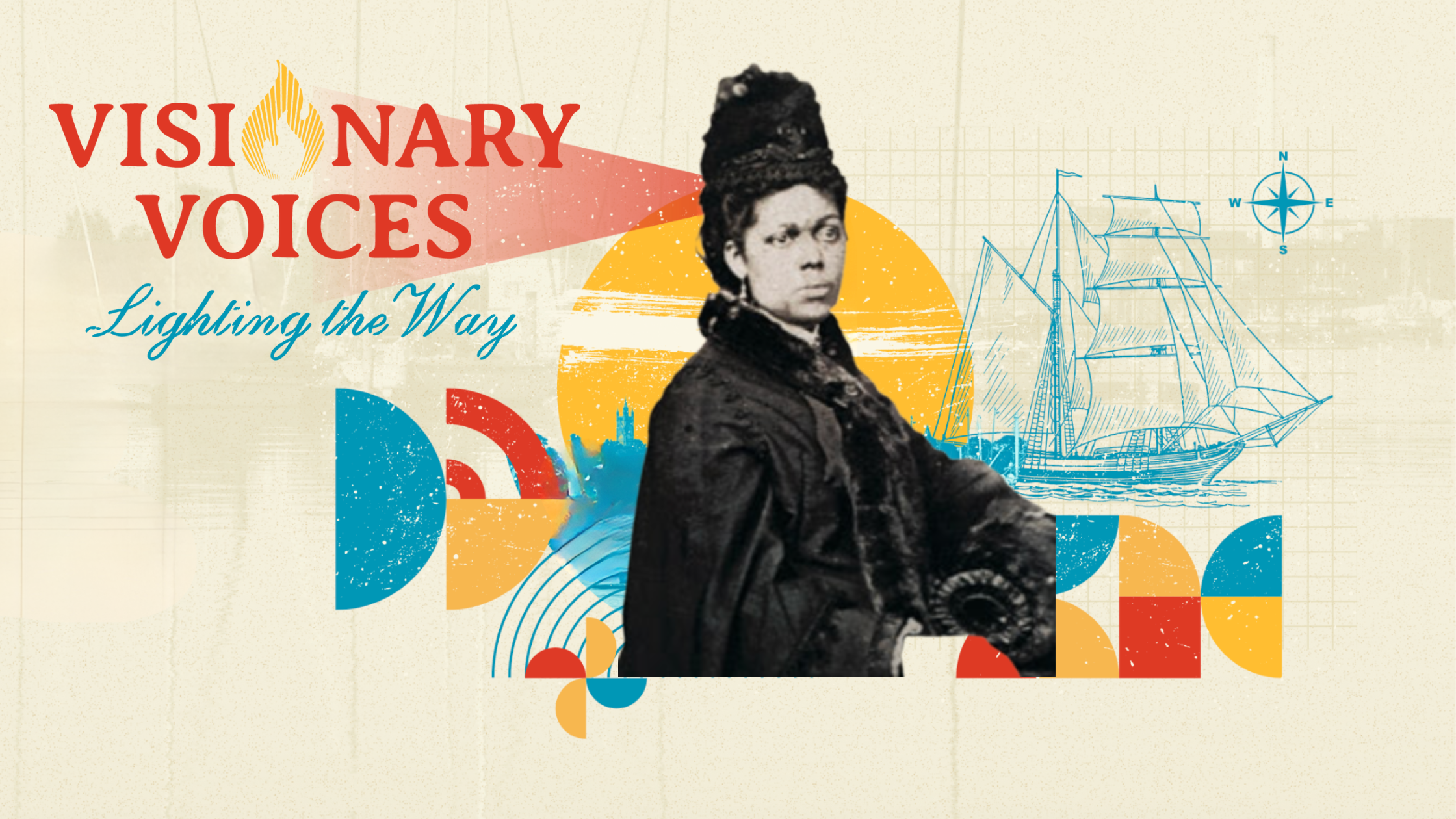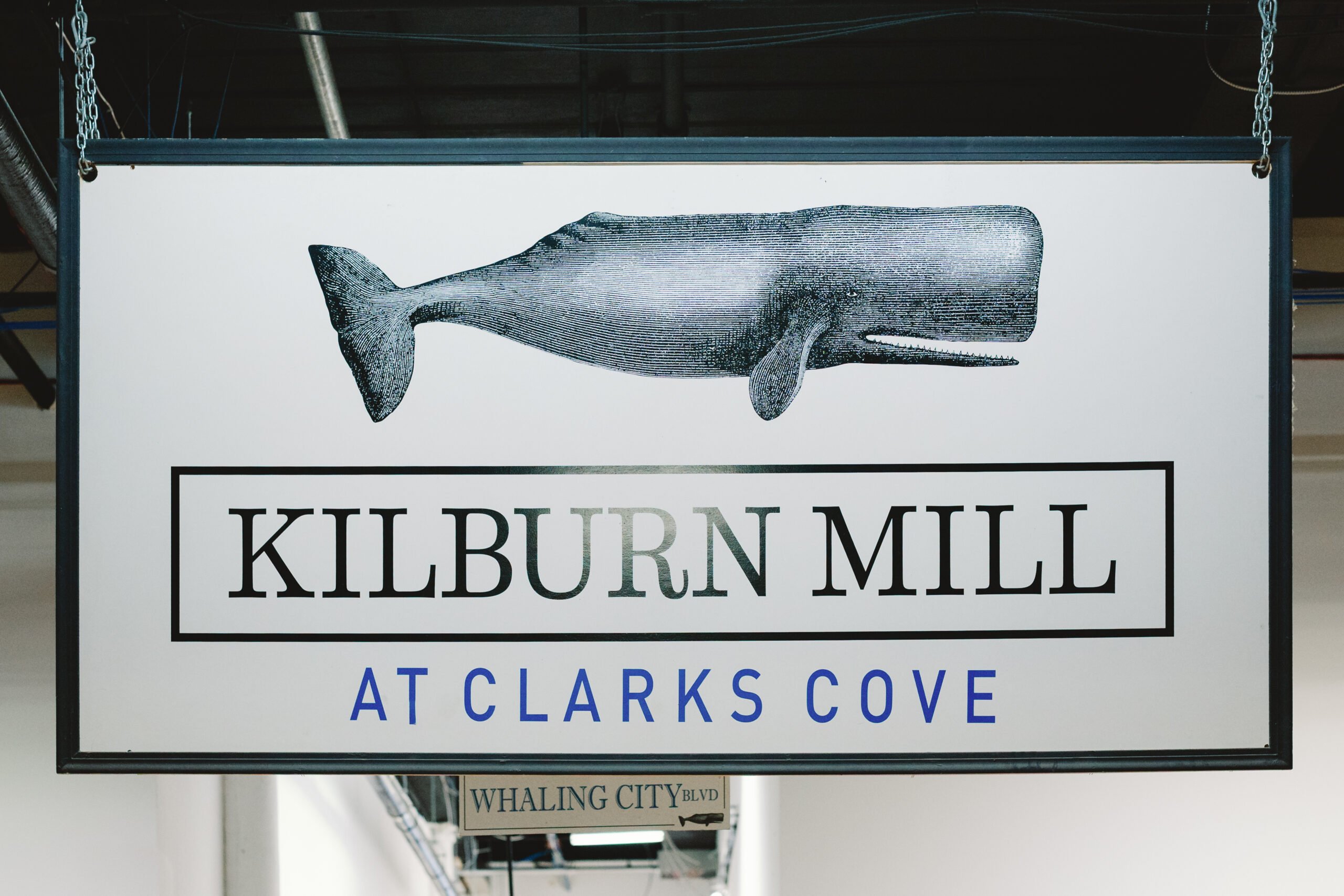Martha Bailey Briggs was a trailblazer who recognized education as an integral part of emancipation. Finding support for her own continued learning, she endeavored to champion education for people of color in New Bedford and beyond. Her legacy as an educator lives on in the Martha Briggs Educational Club (MBEC), an organization dedicated to civic engagement, supporting education for young men and women, and preserving the history of people of color.
Early Life
Martha Briggs was born in 1838 in New Bedford to Black abolitionists, John and Fanny Briggs, friends of Frederick Douglass. Her mother died when she was a child. Her father encouraged her education, investing in private tutors. She entered high school early at the age of twelve and became one of the first African American women to graduate from New Bedford High School. After high school, she taught out of their family home, providing evening classes for self-emancipated adults.
Early Career
Briggs taught at the school of Black abolitionist George T. Downing. Her students were Mashpee and Gay Head Wampanoags. In 1866, with forty other educators from New Bedford, she headed south to teach free Black people after the Civil War. Three years later, she became a full-time teacher in Washington, D.C., and the principal of Anthony Bowen School until 1873.
Howard University
In 1873, Briggs joined the faculty at the Normal and Preparatory Department of Howard University. This department is now the School of Education at Howard. She remained for six years and then returned to serve as principal of the Normal Department in 1883 until her death in 1889 at the age of fifty.
Miner Normal School
After her first six years at Howard University, Briggs took a position as principal at the Miner Normal School, which trained African American teachers to educate African American students. The school was established in 1851 as the Normal School for Colored Girls and renamed after its founder, Myrtilla Miner, in 1879, when it became a part of the District of Columbia Public School System. This same year, Briggs became the first African American woman to serve as principal. There, she received a commendation from the board, “We express the belief and hope that the Miner Normal School, whose first year has proven so successful under the earnest and faithful charge of its principal, Martha B. Briggs, will eventually not only supply the colored schools of the District with educated and earnest teachers, but that it will in a measure contribute to supply the demand of the South for colored teachers for the colored race.”
Legacy
Briggs’s dedication, perseverance, and subsequent experience as an educator left a legacy of excellence and inclusion in the founding of modern-day education departments at colleges and universities. Under the charge of Frederick Douglass, a group of teachers gathered to encourage the Washington, D.C. Public School Commission to name a new school for colored children in her honor. The District’s Board of Education has named two schools for her. A marble tablet was installed at the Andrew Rankin Chapel at Howard University with the inscription, “Her works do follow her.” Indeed, her works follow her to this day. In New Bedford, the Martha Briggs Education Club was founded in 1920 to establish financial support for minority students in the New Bedford area. It is one of the oldest organizations in New Bedford for women of color. In 1939, the MBEC was incorporated to purchase and preserve the Sergeant William H. Carney homestead. They continue to provide scholarships for students, maintain the Carney homestead, serve the community, and spread awareness of the legacy of an extraordinary woman.
Visitor Resources
To learn more about Martha Bailey Briggs and New Bedford’s abolitionist history, visit the New Bedford Historical Society‘s website and experience their Black History Trail (scroll down for a virtual tour!).
Learn more about Historic Women of the Southcoast and download their free self-guided walking trail brochure. Embark on the Lighting the Way Virtual Tour.
Read more about New Bedford’s Revolutionary People and Moments.
Explore more of New Bedford’s history on a guided walking tour led by rangers and volunteers with the Whaling National Historical Park. Unless visiting with a large group, there’s no need to sign up for their free guided walking tours scheduled weekly from May 22 through October 12.



